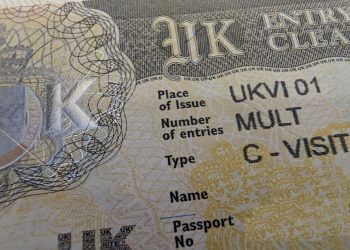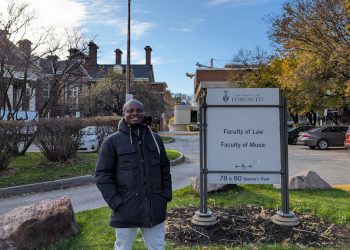There are several reasons why pursuing a Master’s Degree course in Germany is a popular choice. The diversity of programs, German Scholarships, English taught courses, affordable study, practical training for students, excellent curriculums, and best academic staff are just a few of the perks. However, the application process and education system in Germany can be daunting for international students. The following article will guide you through the process of applying for a Master’s degree in Germany.
When considering a Master’s degree in Germany, it is important to choose a course and university that align with your interests. There are a multitude of universities in Germany offering courses in English and German. Once you have considered your criteria, such as location, tuition fees, and quality of study, you can narrow down your options and select a university to apply to.
After selecting a university, it is important to check the requirements for entry. It’s crucial to ensure that your chosen degree program and university are suitable for you. Proof of language proficiency is required for international students applying to German universities. Depending on the language of instruction, various language proficiency certificates will be required.
The application process can be completed online through platforms like UniAssist.de, which is used by German universities to accept admission applications. After submitting your application, patience is key as universities may take several weeks to respond.
International students are also required to have health insurance while studying in Germany, whether they are from European or non-European countries. Financial resources must be proven, with a minimum of 10,236 euros for one year to cover living expenses. Obtaining a German student visa is the final step in the process of applying for a Master’s degree in Germany.
In Germany, there are different types of universities offering Master’s degrees, such as Public universities, Private universities, Research universities, Technical universities, Applied Sciences universities, and Colleges of Art, Film, and Music. Each type of university has its own unique characteristics and may offer different programs of study.
The Master’s program duration in Germany can range from one year to two years, depending on the course of study. Furthermore, each program has a specific number of ECTS credits required. There are also different types of Master’s degrees in Germany, including Consecutive, Non-consecutive, and Professional Master’s degrees.
Admission requirements for Master’s degrees in German universities include previous academic certificates and possibly an interview. Application deadlines vary, and it’s important to be aware of the fee structure for your specific degree program. Enrollment, post-graduation opportunities, and recognition of German degrees worldwide are other factors to consider when applying for a Master’s degree in Germany.
Still have some travel questions? Ask in our Travel WhatsApp Group.








